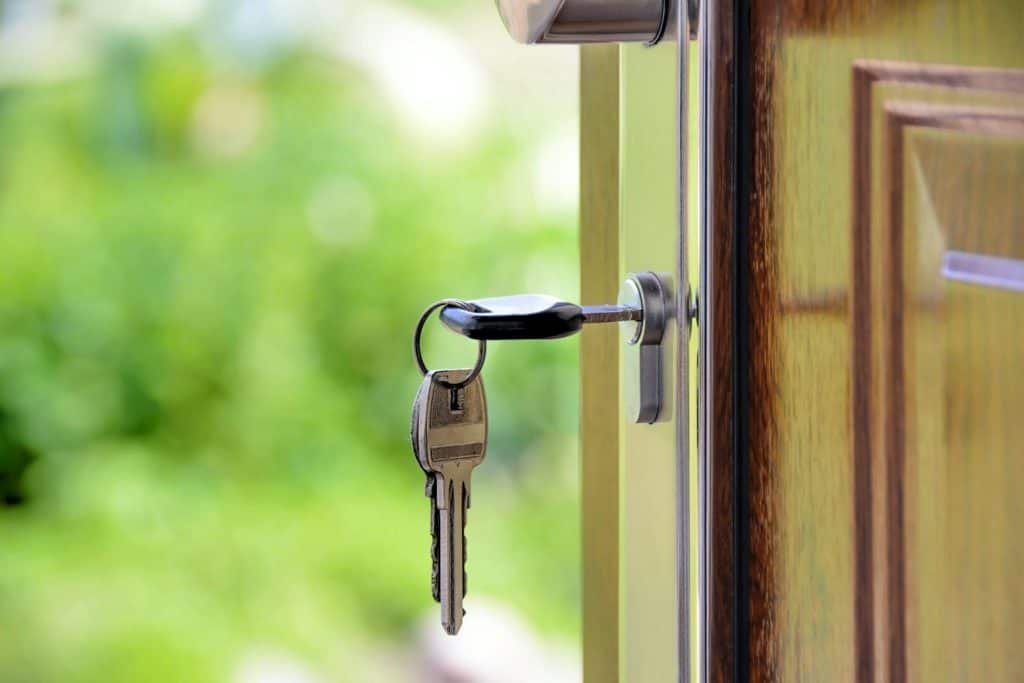After all that searching, saving and planning, you wouldn’t be human if you didn’t get a little nervous about settlement day. Try not to worry too much. There are a couple of things you can consider ahead of your settlement day.
1. Final Inspection
Make sure you carry out a final inspection of the property just before settlement. Often this is done the day before or the morning of the settlement. Contact the agent to arrange this inspection.
You want to ensure any inclusions in the contract of sale remain at the property and there has been no damage since you exchanged contracts.
The seller must hand over the property in the same condition as when it was sold. When you view the property for the final time you should check:
- Appliances, hot water system, heating and cooling are in working order
- There is no damage to the walls and the light fittings, windows and floor coverings are in the same condition as when you exchanged contracts
- Locks, keys and automatic garage door controls are supplied and working.
If you’re buying a new home, make sure all the work is finished and that the appliances are installed and working. You can organise a defects inspection by a building inspector if you don’t feel confident checking these things yourself.

2. Remaining Deposit
Once the numbers are finalised, there may be a shortfall between your original deposit and your final contribution. This may account for taxes and duties, as well as any adjustments paid by the vendor (seller). Make sure you have the funds to pay this on settlement day
TIP: Move the remaining deposit into the required account a week before settlement day – it’s key to completing the transaction.
3. Insuring Your Home
Consider covering yourself against accidental damage to contents, theft and water damage with home and contents insurance. Most lenders require you to have building insurance in place prior to settlement.
4. Insuring You
Mortgage and income protection can help you keep up your repayments should you experience a setback or unexpected event. Talk to your broker about reviewing your current insurance cover so that it continues to meet your needs. This includes updating your vehicle insurance with the new address your vehicle is kept overnight.

5. Getting the Keys
Your conveyancer/solicitor will send you the settlement details, including a statement of adjustment to confirm how the funds were distributed. You should also receive confirmation from your lender, including details on your loan amount and repayments. Once it’s all done, you’re ready to pick up the keys, unload the couches, and settle into your new home.
Congratulations!
6. We’re Here for the Long Term
As you put your feet up and settle in to your new home, let us know how you’re going. The journey doesn’t end at settlement, and your broker may be able to tailor your loan to meet your changing needs.
And when the day comes that you want to buy a bigger house, invest in another property or restructure your mortgage, your broker will be there, by your side, ready to help you reach that next milestone.



